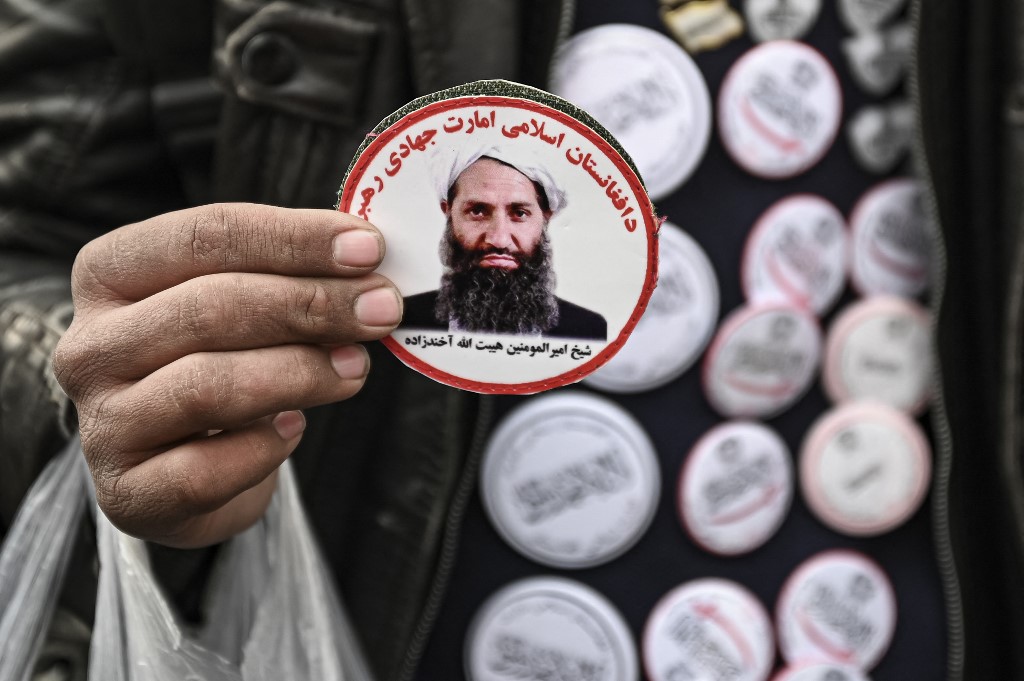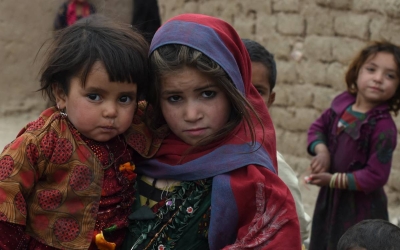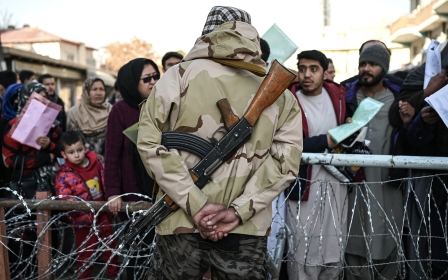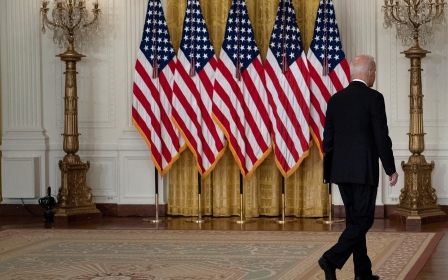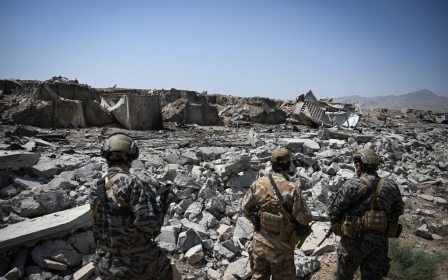Afghanistan: Is it possible to moderate the Taliban?
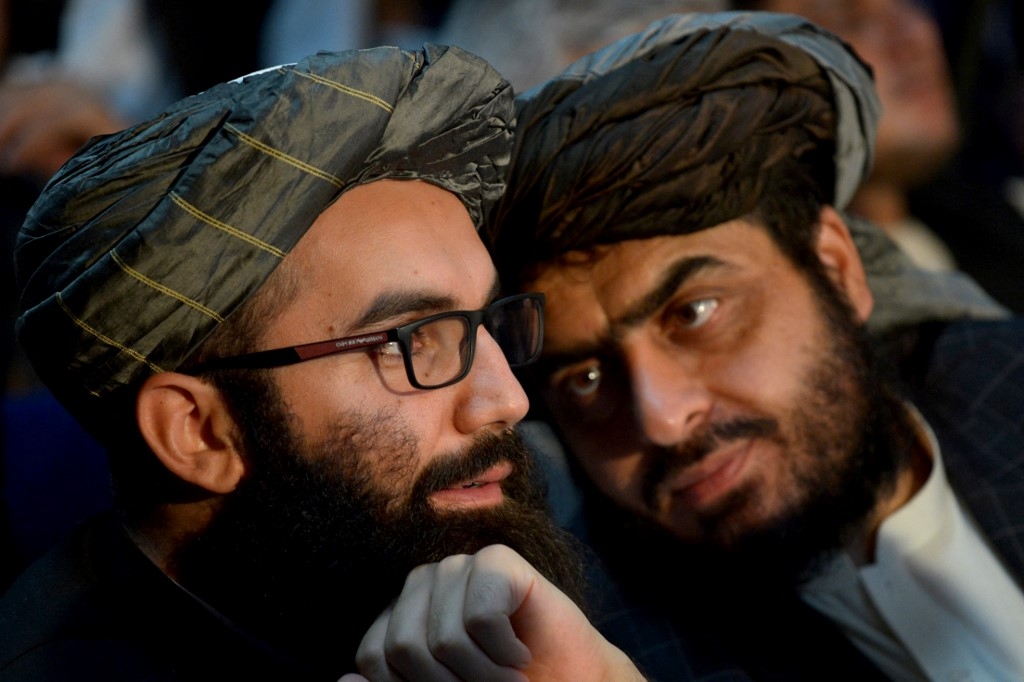
After 20 years of one of the costliest international missions in recent history - both in terms of lives lost and financial expenditures valued in the trillions - the international community is woefully unprepared for the situation in Afghanistan today. There is considerable reason to fear that the country will revert to the stalemate that characterised Taliban rule in the 1990s.
Policy announcements by the Taliban, including the all-Talib acting cabinet and the extension of a ban on public secondary school for girls, contravened the reassurances of Talib diplomats and the expectations of external observers.
There is scope for international influence to positively sway the internal contest between hardliners and pragmatists
Indeed, the internal factionalism pitting hardliners against pragmatists has laid bare the contradictions between the facade of formal government that the Taliban adopted after capturing Kabul, and the informal sources of ultraconservative authority that dominate the movement’s decision-making.
Amid this backdrop, what are the prospects for peacemaking in Afghanistan a year after the Taliban takeover? What are the possibilities for the movement on women’s rights, political inclusivity and counterterrorism?
Based on our personal exchanges with the Taliban through intra-Afghan dialogue channels since 2020, we believe there is scope for international influence to positively sway the internal contest between hardliners and pragmatists.
New MEE newsletter: Jerusalem Dispatch
Sign up to get the latest insights and analysis on Israel-Palestine, alongside Turkey Unpacked and other MEE newsletters
This sensitive period of policy consolidation, as the Taliban moves from a caretaker role to a more permanent posture, is an ideal time for international allies of the Afghan people to devise policies to facilitate moderation within the Taliban. There is no viable alternative beyond engaging with the de facto authorities. But this will require a departure from the current diplomatic approach.
Hardliners monopoly
The Taliban movement which fought for the right to rule Afghanistan must bear the responsibility to resolve the problems that emanate from within its own ranks.
Vertical chains of command within the Taliban are strong, but there is significant overlap and competition. Compounding this issue is the fact that most officials in the Taliban leadership are not vested with sufficient powers to match their mandates. Leader Hibatullah Akhundzada, who has modelled himself on the image of Taliban founder Mullah Omar, and his small circle of ultraconservative advisers have an unassailable authority. The result is a highly disciplined, but also highly disorganised, movement.
The last-minute reversal of the anticipated reopening of girls’ secondary schools in March was highly embarrassing among the movement’s outward-facing faction. Not only was their credibility eroded in international eyes, but the fact that the decision was effectively determined by the chief justice, the minister of religious affairs, and the minister for “vice and virtue” revealed that the Taliban’s policy formulation does not follow the typical channels of ministerial mandates.
Senior officials in Kabul and Doha are privately expressing dissatisfaction with how decision-making has been restricted to the iron grip of a small circle in Kandahar, amid widespread concerns that the Afghan government is doomed to collapse if this monopoly over policy continues.
Informal influence is superseding the formal mandates of political appointees, leaving diplomats to wonder whether there is any genuine policy purpose for meeting or negotiating with the Taliban’s formal titleholders.
Re-establishing official diplomatic delegations in Kabul may be a difficult task - not only politically, due to well-founded concerns about legitimising the de facto authorities, but also legally for some states with anti-Taliban counterterrorism legislation. However, given the marginalisation of the Taliban’s representatives in Doha, it is becoming increasingly more challenging to justify the costs of not doing so.
Diplomatic representatives should be able to conduct more informed exchanges with the Taliban on the ground, and to independently assess the levels of security in the capital and fear among minority groups.
Productive exchanges
A diplomatic return to Kabul should not mean a wholesale withdrawal from Taliban representatives in Doha. The Taliban’s political office in Doha continues to function under the leadership of Suhail Shaheen, staffed by a small group of Taliban with international exposure. This faction, while sidelined, is an important reservoir of outward-facing pragmatism in the movement, and it is capable of furthering productive exchanges with the international community.
Over the past year, the Taliban have made very few gestures towards other groups for political reconciliation, despite evidence that there are many issues that Afghans from all sides can agree on. The formation of the Commission of Liaison and Repatriation of Afghan Personalities, which aims to facilitate the return of Afghans who left the country after the fall of Kabul, is a positive development. Senior representatives in Doha are also interested in consulting with other Afghans, but these intentions must be turned into action.
Pragmatists in the Taliban have come under suspicion from those in the movement who accuse them of bending to foreign imposition. Some celebrate their status as international pariahs as evidence of true religious martyrdom. For others in the Taliban, however, this could be described as cutting off the nose to spite the face. International support, in some respects, undermines those it seeks to empower.
Nevertheless, it remains to be tested whether dialogue is a workable solution for moderating the ultraconservative chokehold in the Taliban and facilitating a moderate intra-Afghan political solution to truly bring an end to the country’s conflict.
The Afghan people do not have the luxury of time, amid a worsening and entirely preventable humanitarian crisis created by this government’s isolation.
The views expressed in this article belong to the author and do not necessarily reflect the editorial policy of Middle East Eye.
Middle East Eye delivers independent and unrivalled coverage and analysis of the Middle East, North Africa and beyond. To learn more about republishing this content and the associated fees, please fill out this form. More about MEE can be found here.


